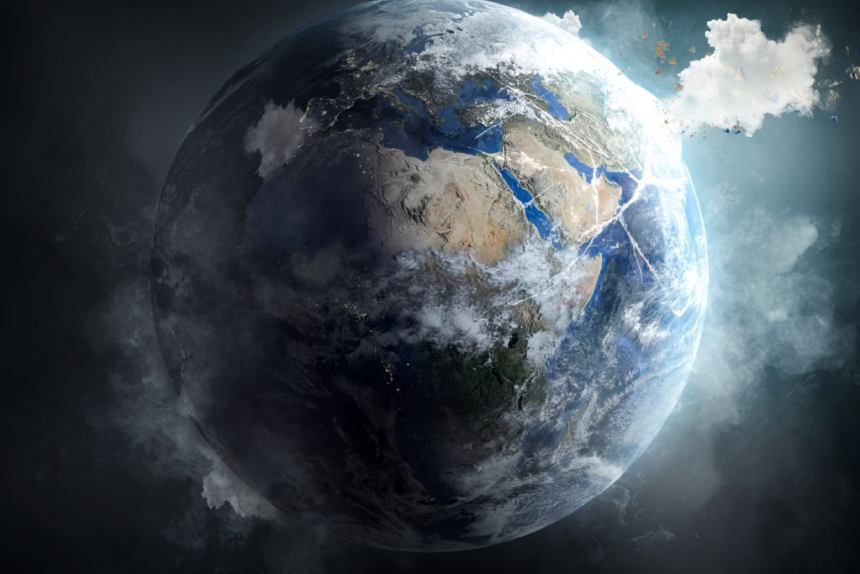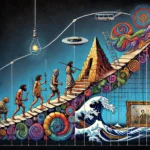Gaia, a planet of extraordinary biodiversity and dynamic natural cycles, is experiencing a period of unprecedented climate instability. Natural disasters, such as devastating floods and prolonged droughts, are becoming more frequent and extreme. From my perspective as an Ekurian, it is clear that these catastrophes are not merely natural phenomena, but the result of uncontrolled human activity. This article looks at some of the most impactful recent events and how Gaians are coping with these challenges, both locally and globally.
There is no doubt that recent climate changes are direct consequences of human activity.
Recent events: The impact of a changing climate
- Catastrophic floods in Europe and Asia
In recent months, heavy rains have caused massive flooding in parts of Europe, India and China. These storms, fuelled by warmer weather, have overflowed rivers, destroyed infrastructure and displaced millions.
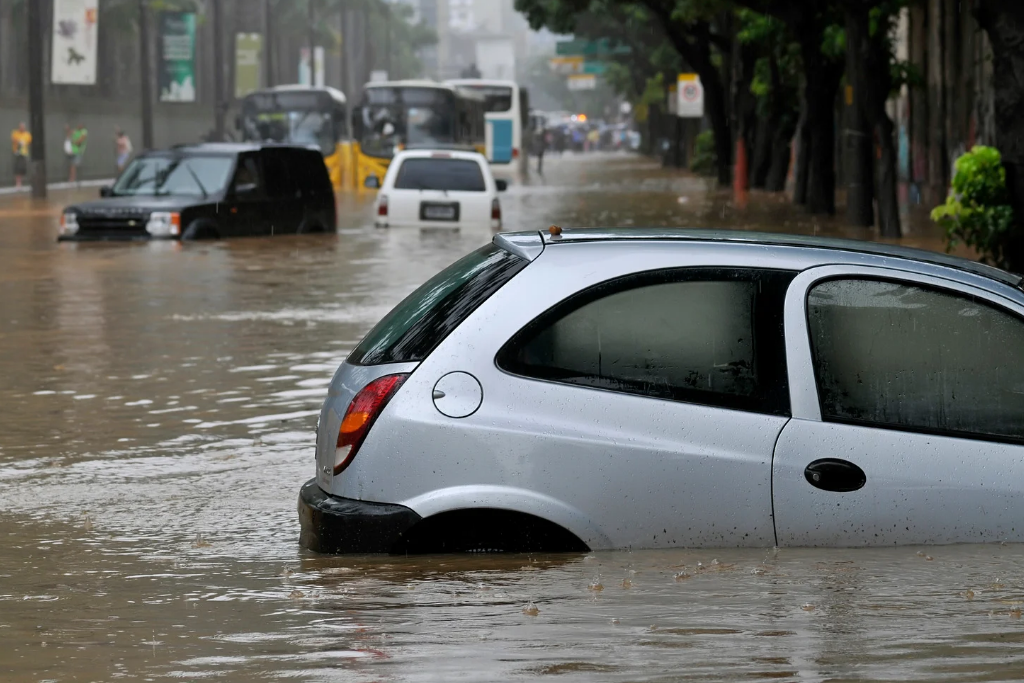
Europe: Countries such as Italy and Germany have suffered human and economic losses due to the torrential rains.
Asia: In India, flooding has affected agriculture, putting the food security of millions at risk.
- Extreme droughts in Africa and South America
While some regions face a surplus of water, others suffer from a total lack of water
Africa: The Horn of Africa is experiencing its worst drought in decades, leaving millions on the brink of starvation.
South America: In Brazil, the Amazon is facing a severe drought, with critically low water levels affecting both ecosystems and local communities.
- Simultaneous extreme phenomena
Gaians face the unique challenge of dealing with opposing disasters at the same time: while some struggle with floods, others try to survive droughts. This tests the response capacity of their governments and societies.
Human Causes Behind the Disaster
From an Ekurian perspective, many of these disasters are not inevitable. Human actions have accelerated climatic changes that exacerbate these phenomena.
- Fossil fuel burning:
The massive release of greenhouse gases has raised global temperatures, altering weather patterns.
- Deforestation and soil degradation:
The destruction of forests, especially in regions such as the Amazon, reduces the planet’s ability to absorb carbon dioxide and stabilise the climate.
- Uncontrolled urbanisation:
City building and the modification of natural landscapes have increased the vulnerability of communities to floods and other disasters.
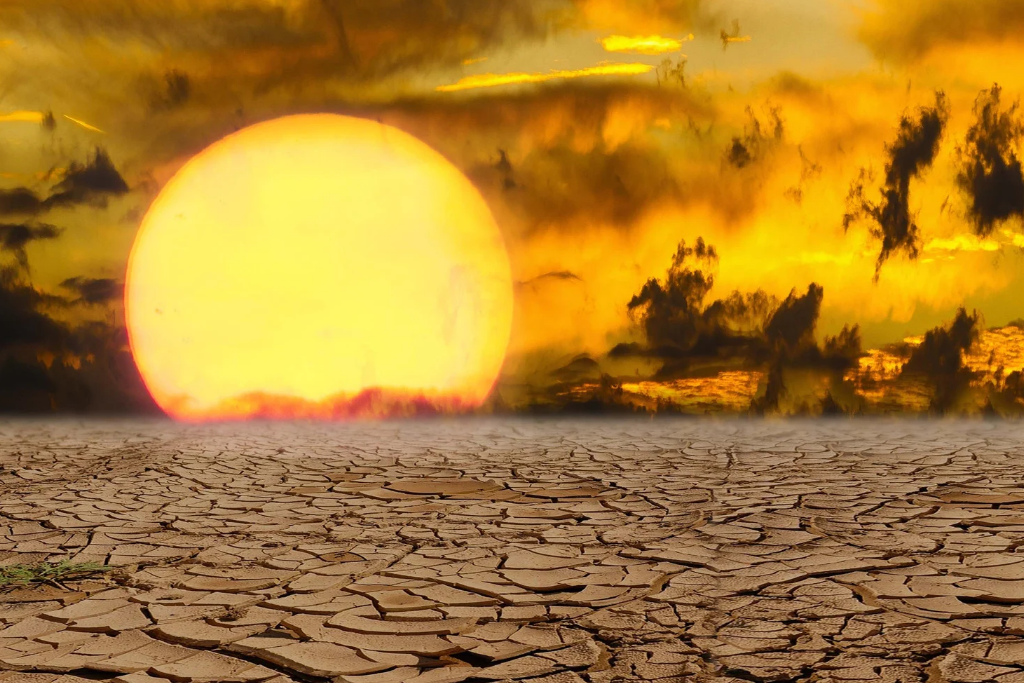
Human responses to the crisis
Despite enormous challenges, Gaians are demonstrating resilience and ingenuity in dealing with climate change. But there is also resistance due to the economic interests of individuals and large corporations.
- Local adaptation
Resilient infrastructure: In countries like the Netherlands, advanced water management systems have been developed to protect against flooding.
Agricultural technologies: In Africa, some communities are adopting drought-resistant crops to ensure food security.
- Global movements
Paris Agreement: This international pact seeks to limit global warming to 1.5°C, though its implementation faces significant challenges.
Climate protests: Young people around the world, led by figures such as Greta Thunberg, are demanding stronger action from governments.
- Innovative technology
Renewable energy: Advances in solar, wind and energy storage technologies are helping to reduce dependence on fossil fuels.
Nature-based solutions: Reforestation and ecosystem restoration initiatives are gaining momentum as key tools to mitigate the effects of climate change.
From Ekuria: A Vision of Hope
At Ekuria, we have learned that the key to overcoming environmental challenges lies in a collective and sustainable approach. While Gaians face a difficult landscape, they also have the potential to transform this crisis into an opportunity to redesign their relationship with their planet.
Will climate change be the catalyst for positive transformation or the harbinger of its self-destruction?
Recommendations for Gaia:
- True global cooperation:
Countries must prioritise collaboration over national interests to address climate change as a planetary problem.
- Education and awareness:
Teaching the younger generation about the importance of preserving their world is fundamental to lasting change.
- Investment in sustainable solutions:
Governments and businesses must redirect resources towards clean technologies and regenerative practices.
Conclusion: A planet in transition
The natural disasters facing Gaians are a reminder of the delicate balance of Gaia’s ecosystems. While the outlook is bleak, adaptation and mitigation efforts offer a glimmer of hope. From my perspective as an Ekurian, this moment can be a watershed moment for Gaia.
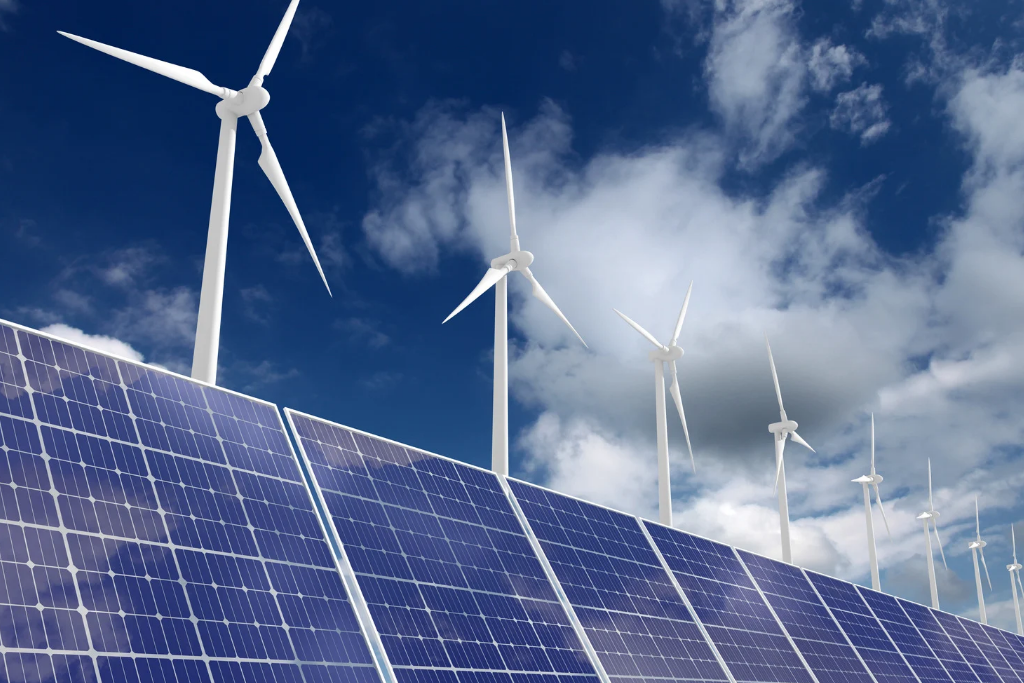
The question is not only how humans will cope with today’s challenges, but whether they will learn to live in harmony with their world before it is too late. Will climate change be the catalyst for positive transformation or the harbinger of their self-destruction? The fate of Gaia is, as always, in the hands of its inhabitants.
Design is not the end-all solution to all of the worlds problems – but with the right thinking and application, it can definitely be a good beginning to start tackling them.


